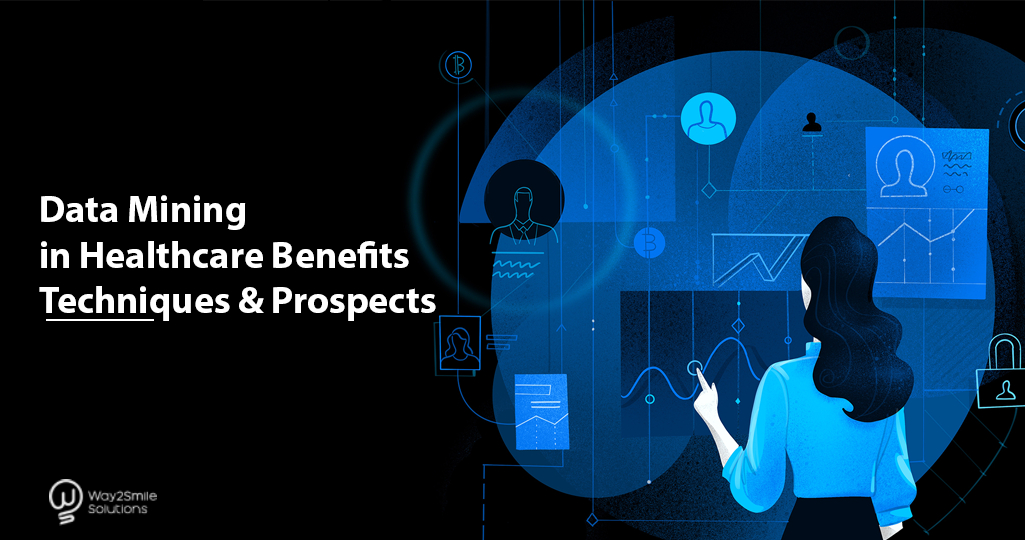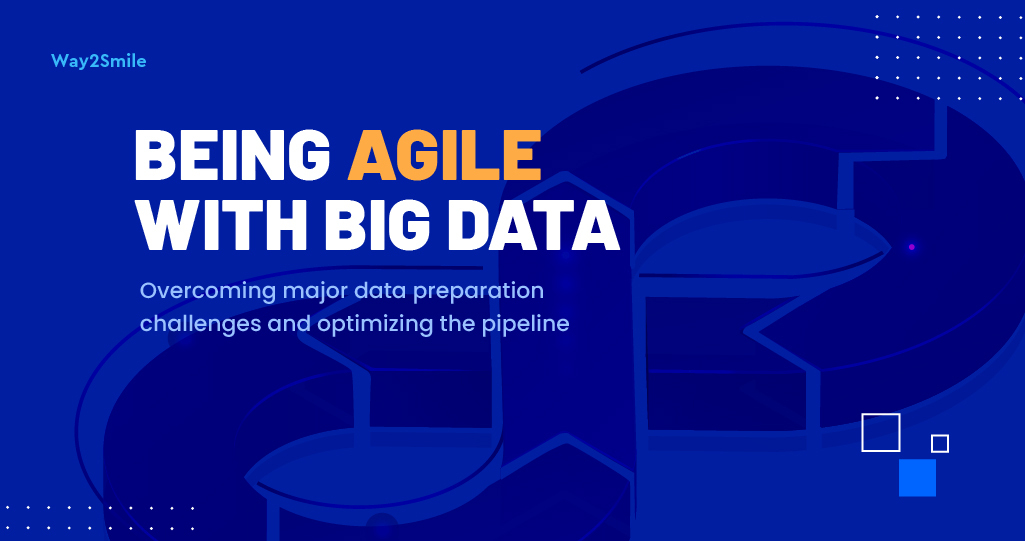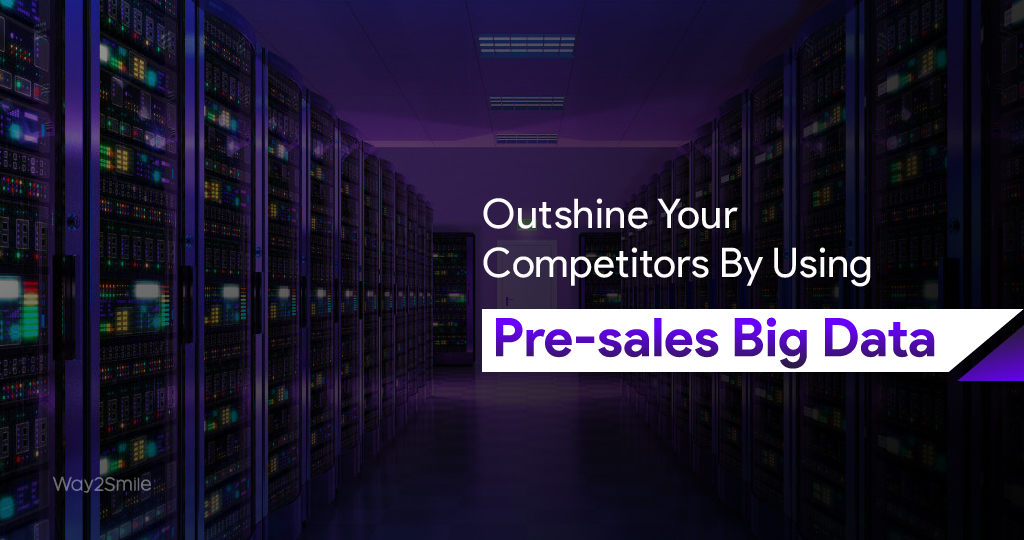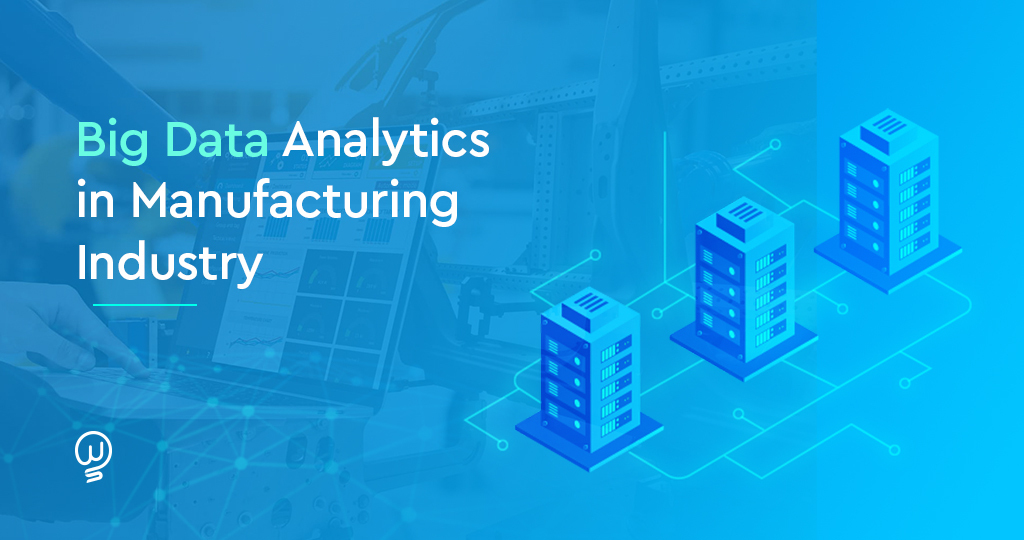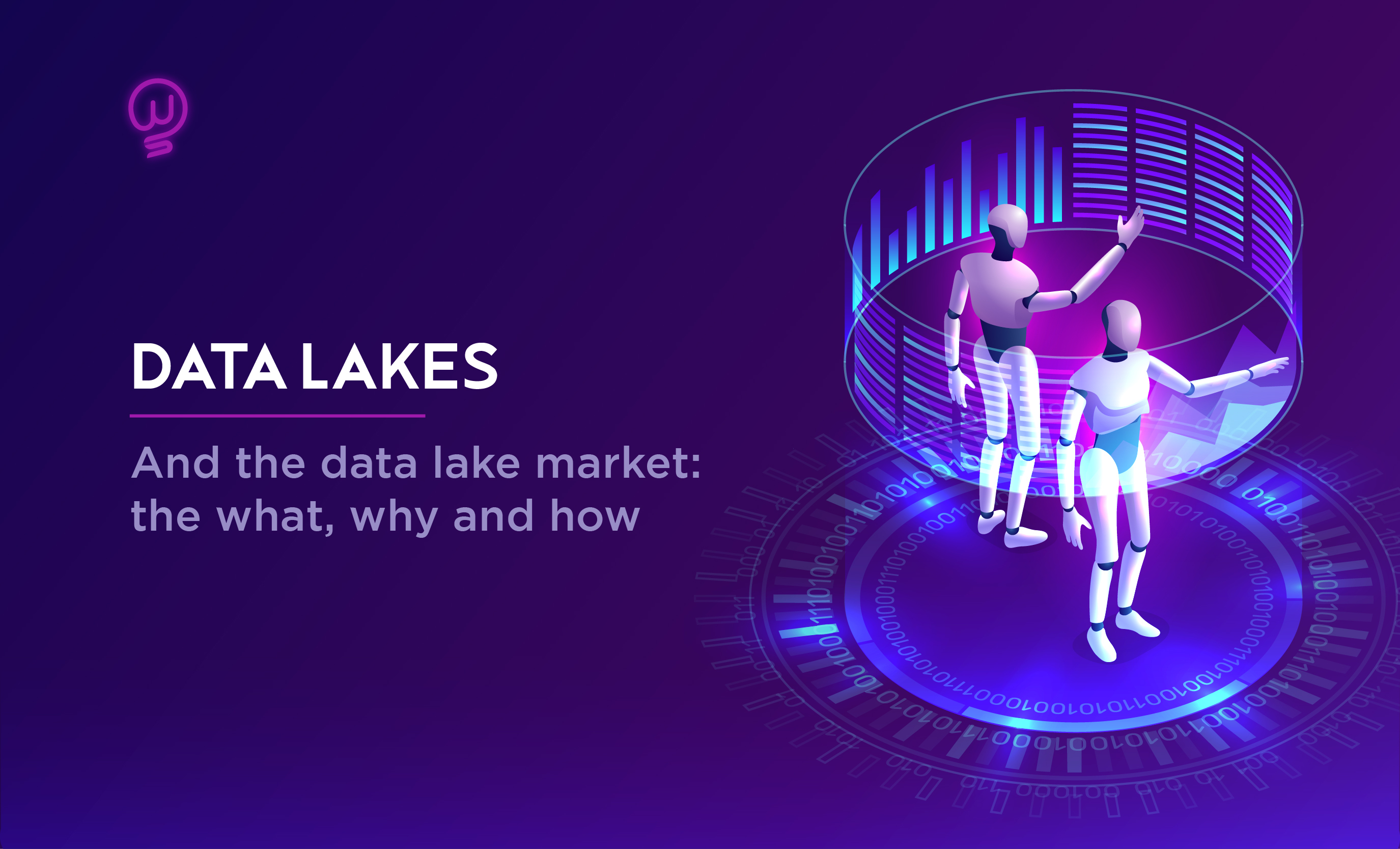Data mining is one of the most versatile techniques that has received a warm response in government, healthcare, enterprises, and private organizations. It is mainly used for interpreting big data and analytics to smooth the workflow of hospital management by helping doctors and nurses serve their patients better. Data mining can benefit surgeons by allowing them to analyze large volumes of datasets and gain the relevant insights to perform the operation task more accurately and with great precision.
Healthcare organizations have embraced the practice of healthcare data mining, utilizing data mining in healthcare to harness the gigantic powers of analyzing large volumes of datasets. This approach is employed to gain valuable insights into the human body of patients and to offer beneficial healthcare app solutions. The introduction of Big Data in healthcare heavily relies on innovative data mining techniques, leading to the creation of intuitive visual graphics for doctors to refer to and thus enabling them to perform their duties efficiently. The benefits of data mining in healthcare are evident in the improved patient care and the overall healthcare system.
What is Data Mining?
The term Data Mining is usually interpreted as identifying data patterns and building relational datasets to seek problem resolution through visual analysis. There are numerous data mining tools available on the market for recognizing data patterns and subsequently visualizing trend prospects and the likelihood of future events.
What is Data Mining in Healthcare?
Data mining in healthcare is regulated by HIPAA (Health Insurance Portability and Accountability Act) and involves the management of electronic health records containing a vast amount of patient data. Traditional methods for analyzing and processing large datasets within healthcare facilities through EDI transactions are becoming increasingly complex. Therefore, it is necessary to keep up with trends in healthcare app development and implement methodologies and technologies to develop healthcare applications and recommend the best treatment procedures. Big data analytics companies are actively working on AI for healthcare to develop mobile app solutions that make medical consultation more accessible, even for the general public. In healthcare, data mining serves various purposes, including:
- Evaluating treatment progress.
- Using predictive analytics to recommend appropriate medicines.
- Enhancing the level of medical services.
- Efficiently managing out-patient care.
Data mining in healthcare involves using the power of data analysis and technology to improve patient care, treatment recommendations, and overall healthcare services.
How does Data Mining work in Healthcare?
Typically, the data mining process has the ability to discover the hidden knowledge present within the collection of medical data and then identify the patient's illness with great accuracy. This procedure involves several steps, including working through iterative and interactive data sequences to assess the major symptoms of infectious disease and then treating the patient well.
Data Selection
Effective data mining begins with data selection. In this phase, we consider a wealth of original data, laying the foundation for knowledge discovery. The goal is to pinpoint valuable data prospects for data science analysis. Choosing the right data sets is important for successful insights in healthcare.
Data Pre-processing
Data pre-processing is crucial in healthcare analytics. To ensure data quality, we employ rigorous strategies to clean and prepare healthcare data. This step involves removing inaccuracies and inconsistencies, guaranteeing the dataset is ready for time-sequence analysis. Clean data is essential for accurate health information preparation.
Data Transformation
Data transformation in healthcare analytics involves reducing and projecting datasets onto time-sequencing plots. This process unveils discrete and invariant aspects of health-related data, enhancing precision. It plays a key role in extracting valuable patterns and insights for improved healthcare outcomes.
Data Mining
Data mining is a pivotal phase in healthcare analytics. Here, complex methods, tasks, and algorithms are used to extract valuable patterns and knowledge from the prepared data. This process assists medical professionals in deciphering intricate data patterns, ultimately leading to more accurate and effective results in patient care and healthcare management.
Data Interpretation or Evaluation
Data interpretation and evaluation represent the final step in the healthcare data analysis process. It involves user feedback to refine the extracted knowledge from mined data patterns. This iterative process ensures that the insights gained are practical and beneficial, ultimately improving decision-making in healthcare and driving better patient outcomes.
Data Mining Techniques in Healthcare
Data mining techniques can effectively create association rules to discover significant relationships within a collection of healthcare data. There are only a few data mining parameters readily available for understanding patient data, including:
- Sequence or Path Analysis
- Classification
- Clustering
- Forecasting
Hospitals can efficiently preserve their Electronic Health Record (EHR) administrative and Electronic Medical Record (EMR) medical records and provide healthcare app solutions in a timely manner for patients.
Prospects of Data Mining in Healthcare
The practical usage of data mining in healthcare becomes evident when diagnosing infectious diseases and assisting doctors in suggesting clinical treatments. Data analytics procedures can be carried out through question-based answers, symptom-based detections, informed decision-making, probability techniques, predictive models, and decision support. This can significantly enhance hospital support facilities across various fields, including medical research, pharmaceuticals, genetics, medical devices, and healthcare insurers.
Examples of Healthcare Data Mining Application
In the healthcare industry, the demand for utilizing mathematical and statistical data mining techniques is rapidly increasing, with numerous test cases developed in clinical, financial, and operational environments. This often leads many hospitals to seek the best practices and easily diagnose patient diseases in order to prescribe effective treatment. Here are a few examples of applications that will provide benefits by implementing data mining in healthcare:
Detection and Prevention of Fraud and Abuse
The data mining process can greatly benefit doctors, clinics, and labs by enabling them to observe normal patterns in healthcare medical claims and easily detect the most unusual data patterns. This should allow hospitals to update their data sciences directly from health insurance providers and, in turn, enhance patient care significantly.
Measuring Treatment Effectiveness
Data mining can compare and contrast symptoms with great transparency, explaining their root causes and planning the most effective treatment procedures. Consequently, hospitals can prepare to provide low-cost medical treatments and develop closer relationships with admitted patients to record their clinical profiles.
Aiding Hospital Management
Data mining tools can reduce the number of patients being admitted to the hospital, resulting in a significant decrease in the number of medical claims. These tools can generate significant interest among hospital management personnel and lessen their workload in managing outpatients.
Benefits of Data Mining in Healthcare
Data mining in healthcare can be a game changer, where the need to reinvent standards is higher than ever. By utilizing technologies such as machine learning and advanced statistics, one can gain a better understanding of the real impact they can make in the healthcare industry. Some of the most obvious benefits of incorporating data mining in healthcare include increased accuracy and precision in the AI-powered diagnosis process, efficient risk management, optimized resource allocation, predictive analytics, fraud prevention, and more. The significance of data mining in the healthcare industry lies in its ability to effectively accumulate and interpret data.
Importance of Data Mining in Healthcare
The importance of data mining in healthcare cannot be overstated. Digital technologies have permeated nearly every industry, and they play a vital role in maintaining quality across operations. While modern medicine is a relatively new field, it has not yet reached its full potential. With the right technological advancements, modern medicine can make significant strides in both quantitative and qualitative aspects. The journey toward this advancement begins with a thorough examination of the healthcare industry, and this is where data mining comes into play. Data mining can uncover patterns within highly complex datasets that might be easily overlooked by the human eye. These patterns provide valuable insights into various aspects of the industry's operations. Therefore, to rebuild and take the healthcare industry forward, data mining should serve as its foundational pillar.
Conclusion
Data mining in healthcare is undeniably a transformative force that will completely change the way we diagnose, treat, and manage patient care. With the power to uncover hidden medical insights within vast datasets, data mining holds the key to increased accuracy, efficient resource allocation, and improved patient outcomes. As we embrace digital technologies and innovative data mining techniques, we propel modern medicine to new heights, both in quantitative and qualitative dimensions. The healthcare industry's future relies on data mining as a foundational pillar, enabling us to reshape healthcare delivery, enhance patient experiences, and ultimately achieve better health for all. Way2Smile Solutions, a leading web development company in Dubai, is dedicated to pushing the boundaries of technological innovation in healthcare in Dubai and the UAE. Way2Smile Solutions assists healthcare providers in implementing the power of data mining to enhance patient care, streamline operations, and improve decision-making. Through customized healthcare app solutions, our company bridges the gap between data mining and practical, real-world applications, enabling healthcare professionals to maximize the full potential of data analysis.
